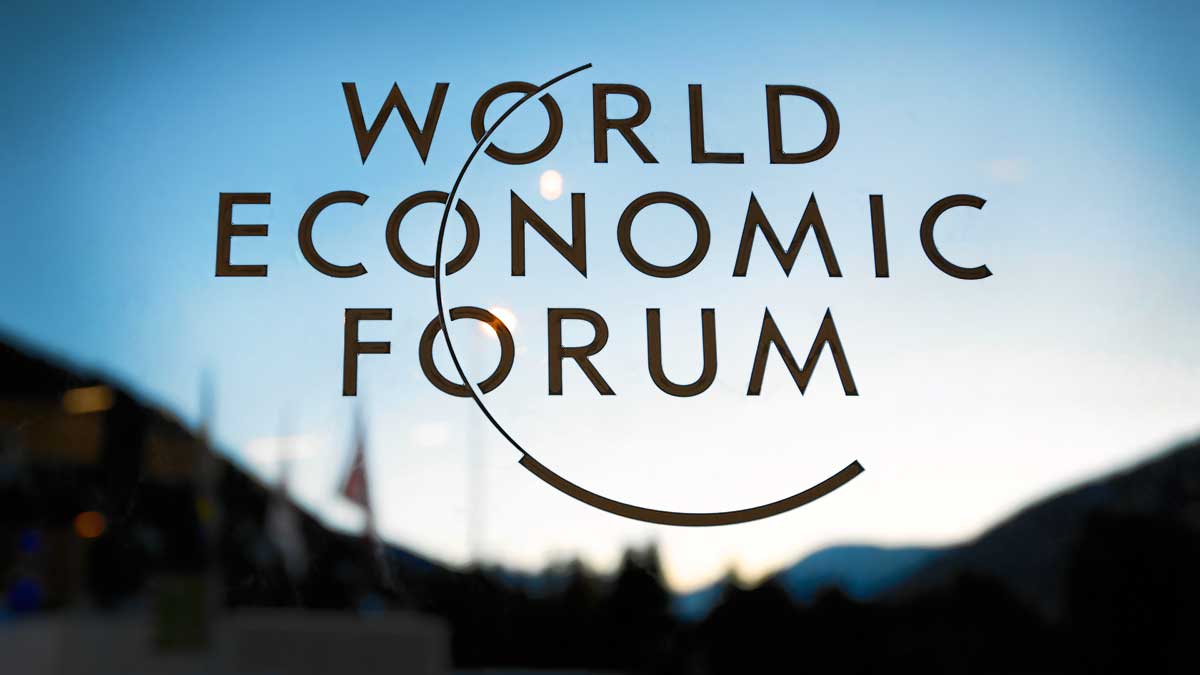Alternative methods to infrastructure funding formed part of the discussions by delegates at the ongoing World Economic Forum on Africa taking place in South Africa.
Infrastructure development is key to the growth of African economies that want to make the most of their opportunities and streamline cross-border trade, delegates at the World Economic Forum (WEF) for Africa conference heard.
There are new laws being implemented in jurisdictions across Africa to facilitate the sourcing of alternative infrastructure funding, which is needed to kick-start sorely needed infrastructure projects.
Currently taking place in Cape Town, the conference’s theme focuses on shaping inclusive growth and shared futures in the Fourth Industrial Revolution (4IR).
According to a statement issued by law firm Baker McKenzie on Wednesday, China has played a key role in providing alternative sources of financing to African countries that have not been able to access funding in more traditional ways.
While the benefits are said to be numerous, the law firm pointed out that African countries were also concerned about their growing dependence on China.
To put it into perspective, the statement refers to research published by Baker McKenzie and IJGlobal in 2018, that showed that the value of loans from Chinese financing of energy and infrastructure projects in Africa had almost trebled between 2016 and 2017, from $3 billion to $8.8 billion.
“As China’s Belt and Road Initiative (BRI), a multibillion-dollar plan to link Asia, Europe and Africa, is actively being implemented, we expect this amount will increase even further,” Baker McKenzie banking and finance head Wildu du Plessis said.
“A key attraction of the BRI for both African governments and project sponsors is that it assists the speed of project implementation,” Wang said, noting that project stakeholders had previously advised that the whole process was a lot quicker than other options.
However, Du Plessis said there was also a rising concern among African sovereigns who were worried about the long-term effects of their dependence on China, even though China has reiterated that it wants to be considered a responsible investor in Africa.
While it remains to be seen whether this concern has an impact on Chinese involvement in the funding of infrastructure projects in future years, Du Plessis explained that African countries had also begun building capacity to correct the imbalance between borrowers and lenders in the negotiation phase so that more balanced agreements could be reached.

He noted that even though the South African infrastructure funding gap was not as large as that of other countries in Africa, there was still difficulty in mobilising funds for infrastructure development and related projects owing to traditional funders taking their time to decide on whether to get involved.
According to Shirley Wang, Baker McKenzie Beijing office partner, as part of the mobilisation of different sources of funding to fill the infrastructure gap, there was “a big bucket of Chinese funding that could be used for infrastructure projects in Africa”.
Increasing appetite from China to fund infrastructure projects as part of its BRI means that country is keen to partner with local development finance institutions and other international funders. Wang added that China’s investment in BRI countries and regions would continue in the future.
Source: businessdayng





